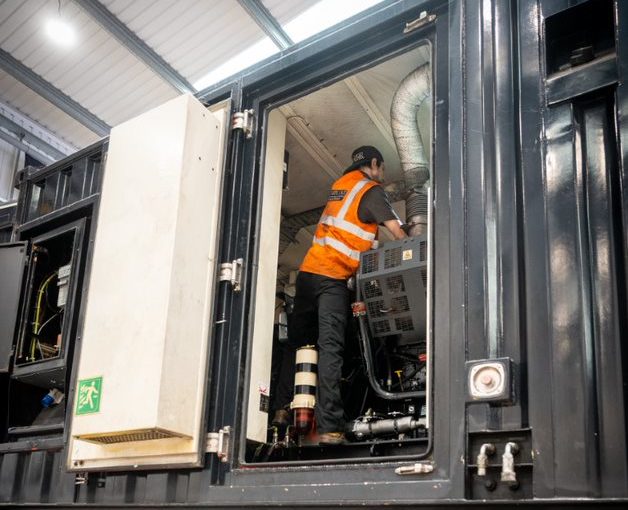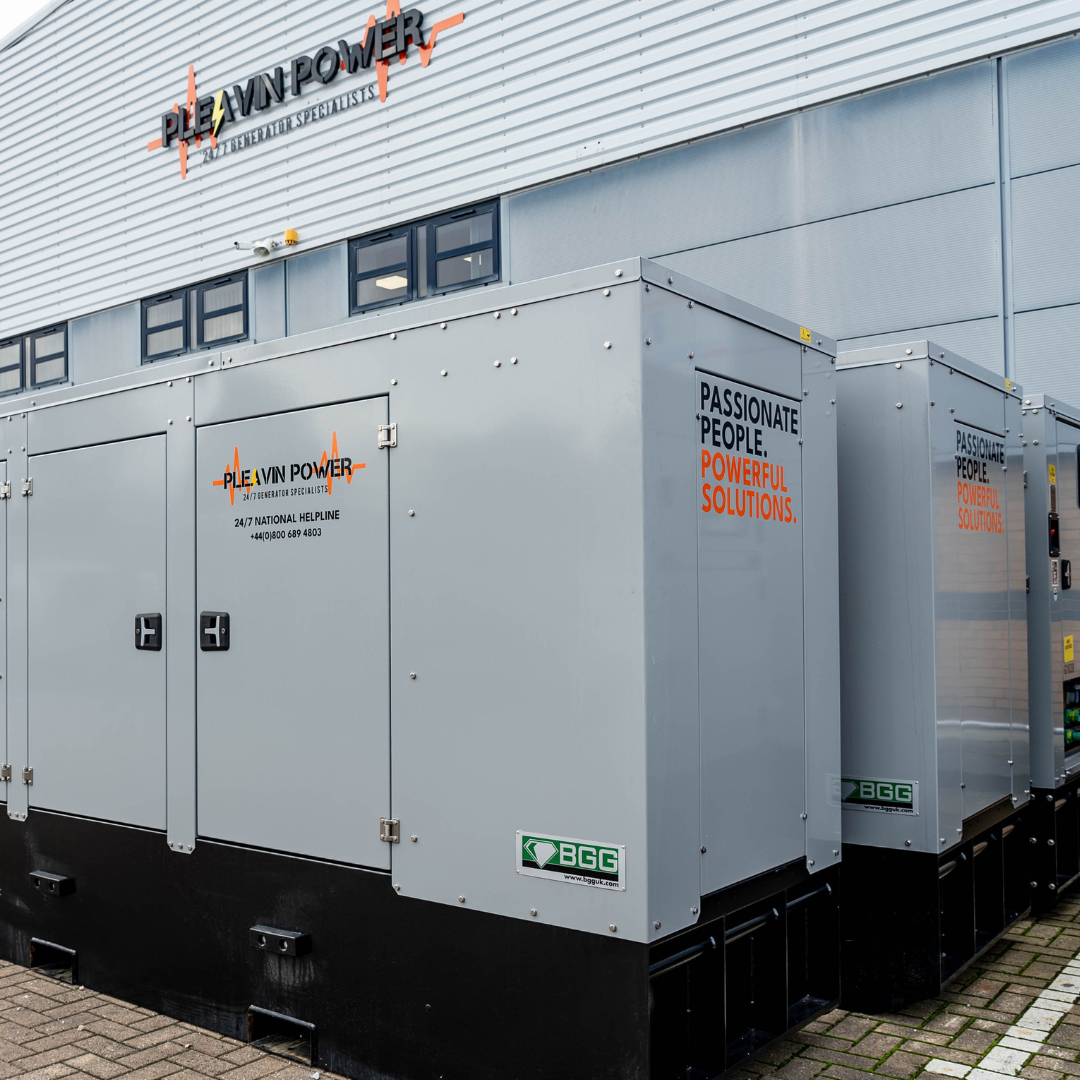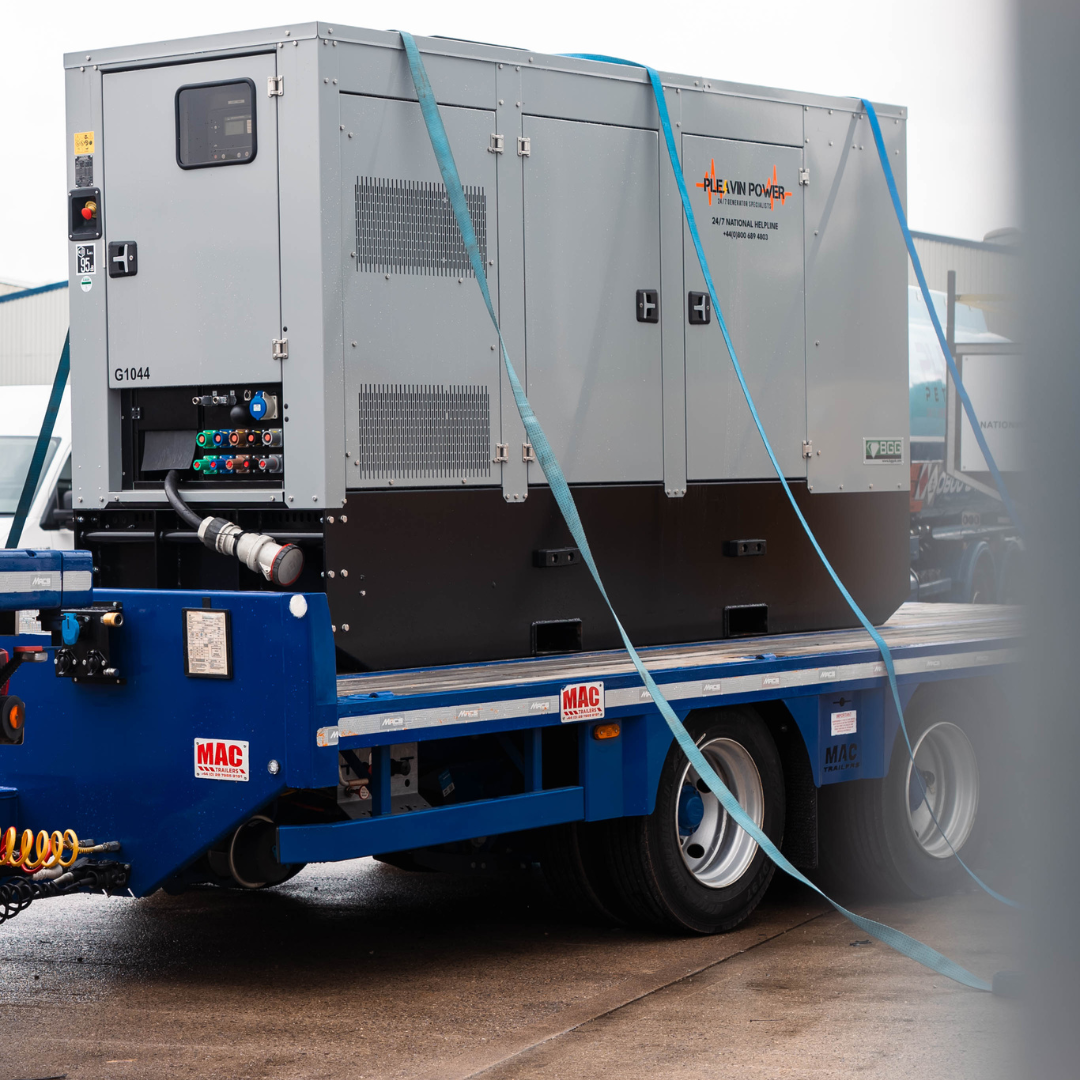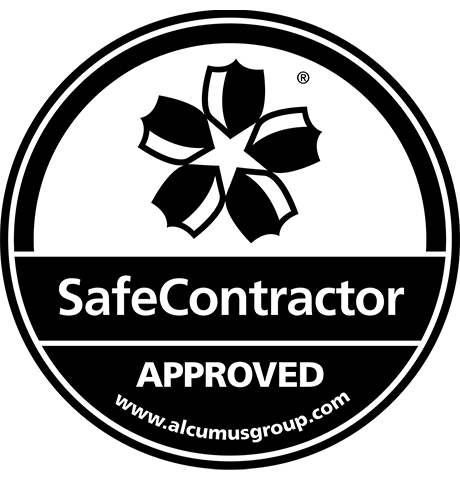What’s truly the difference between a portable generator and a standby generator? They both perform the same functions, they help provide electricity to your home or office when the power goes down but they both differ depending on what suits your need best.
To understand the difference between a portable generator and a standby generator, we need to look at them both in-depth.
Portable Generator
Portable generators power your home with electricity through the use of a gas-powered engine, diesel generators or newer models like electric for the eco-friendly crowd. When used they will typically burn 10 to 20 gallons of gasoline a day but it all depends on which portable generator you decide to buy or hire.
No installation is needed with your portable generator, unlike a standby generator meaning that you can operate it by yourself when you choose to use one.
Your portable generator will have various power outlets located on them allowing you to plug in extension cords for more appliances to use or you can plug your appliances straight into your portable generator.
This allows you to power certain appliances at home such as your fridge, electrical lights and all kinds of appliances through your extension cord in the portable generator.
The portable generator requires a manual start from you by using the pull cord so there’s some work required on your end.
You never want to start your portable generator in severe rainfall or if it’s snowing without any cover shielding it because you should never run your portable generator indoors due to the potentially dangerous fumes.
Standby Generator
Standby Generators are permanently installed by a company that hires out and sells generators or a licensed electrician. The design inside the Standby Generators allows it to start automatically when the power goes down giving it an advantage over your portable generator.
This works due to a microprocessor-based controller that works in conjunction with a transfer switch that is permanently installed and connected inside your home’s existing electrical system so it won’t require any extension cords for your appliances.
They run on an existing natural gas supply inside your house or the propane tank so unlike a portable generator you won’t have to take steps to refuel it.
A home standby generator doesn’t require much attention compared to a portable generator, so next time the power goes out you can be safe in the knowledge that your standby generator will turn on to power your appliances.
Fuel Requirements Of Generators
Most common portable generators run on gas but there is a big rise in diesel models being available to hire. If you are running your portable generator on gasoline, a power outage in your area could pose problems by having to stand in a line for hours trying to buy gas to fuel your tank.
If you are going to refuel your portable generator it means you are going to have to shut down your generator to let it cool off before you refill the tank correctly.
Standby Generators operate on propane or natural gas. As said before, they connect directly to your home’s existing gas service or propane tank. If you are running your standby generator by natural gas it can power your appliances for weeks if it’s truly necessary and if you have a standby generator that runs on propane, you can simply call out a generator company.
Noise Sound
There’s no way to determine exactly what the sound of your portable generator or standby generator is going to sound like as there is no industry standard when it comes to the noise of a generator. Some generators are extremely quiet while some may be loud to the ears.
Naturally due to the way the Standby Generator is installed inside your household that it is quieter than a portable generator but there are a lot of quiet portable generator models that are easily accessible.
How To Select Between A Portable Generator or a Standby Generator
To know what generator is best for you, it’s best to plan before it so you can see how much power you require. You’ll need to measure out what size generator would be perfect to place without any problems.
Something to consider is that portable generators are a lot more cost-effective than standby generators so if you are looking to power a few appliances, then they can make a perfect low-cost solution.
Also if you are someone who is actively on the go such as camping trips and days out with your family, portable generators are ideal for when you are on the go. Which shows they are not only great in emergencies.
If you are thinking about a Standby Generator for your home, a big concern might be that they are a much higher price than a portable generator. After all, we want to get the worth of our money.
If you install a standby generator, not only will it keep your home running easily when the power fails. There’s also a massive upside when it comes to standby generators and it increases the price of your household if you are looking to resell it in a few years.
Installing a Standby Generator inside your household can increase the value by a massive 5% so not only if the worst-case scenario and your power fail, it’s a solid investment to have in your house.
So Standby Generators do seem a more efficient and dependable backup power source. A portable generator can still offer everything a standby generator can do at a much lower cost price.
Both of these amazing generators have their use cases and can both seem like a good choice for providing well-needed power in a time of crisis, choosing between them depends on everything from what situation you are in, the budget you have to spend, what fuel source is best for you and much more.
Talking to a company such as Pleavin Power which have had years of experience in power generators can help guide you in the correct decision.














